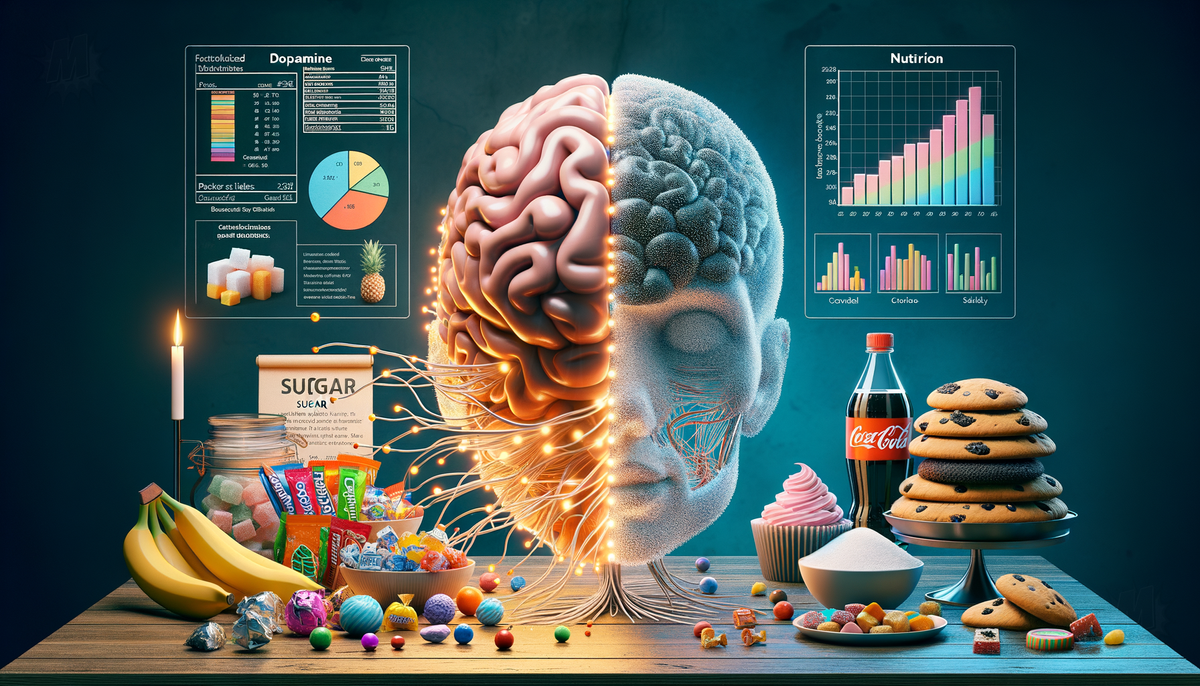Scientists Debunk Sugar-Myth in Childhood Hyperactivity

The long-held belief that sugar consumption leads to hyperactivity in children has been debunked by modern scientific research. This myth, which originated from studies on the Feingold Diet in the 1970s and 1980s, suggested that eliminating artificial colors, sweeteners, and certain preservatives could improve focus and behavior in children with ADHD. However, contemporary research, including a comprehensive meta-analysis, has consistently found no significant link between sugar intake and hyperactivity or behavioral issues in children.
Neuroscientists such as Dr. Michael Lister and Dr. Andrew Hammond argue that excessive sugar does not negatively impact brain function or significantly affect children's behavior or attention spans. While some studies have indicated that certain food additives might influence behavior in a small subset of children, particularly those with allergies or sensitivities, the broader claim that sugar causes hyperactivity lacks empirical support. Furthermore, neuroimaging studies have shown that diets high in processed foods might affect brain volume, but these findings do not directly link sugar to increased activity levels.
The dopamine response, a neurotransmitter associated with reward, has been suggested as a possible explanation for the excitement children experience when consuming sweets. However, this response is not comparable to the effects of psychostimulant medications like Ritalin or Concerta, which significantly increase dopamine levels and aid in managing ADHD symptoms. While some recent studies have linked artificial dyes to behavioral issues, the overall consensus remains that sugar itself is not a cause of hyperactivity in children. The World Health Organization recommends limiting free sugar intake for broader health benefits, emphasizing a balanced diet over the elimination of sugar to address behavioral concerns.




